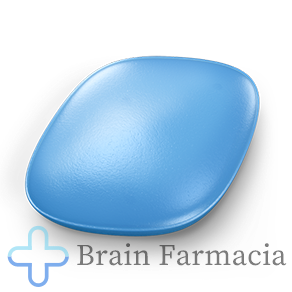Understanding Medication Side Effects
Medications can provide relief from various health conditions, but it's essential to be aware of the potential side effects that may occur. Understanding these side effects can help you make informed decisions about your treatment. While not everyone experiences side effects, it's important to be prepared and know what to expect.
Possible Side Effects
1. Common side effects: These are the side effects that are more frequently reported by patients. They can include nausea, dizziness, headache, and fatigue. These side effects are generally temporary and subside as your body adjusts to the medication.
2. Serious side effects: Although less common, some medications may have serious side effects. These can include allergic reactions, difficulty breathing, severe dizziness, or chest pain. If you experience any of these symptoms, it's crucial to seek immediate medical attention.
Managing Side Effects
1. Communication with your healthcare provider: If you experience any side effects, it's important to discuss them with your healthcare provider. They can provide guidance on whether the side effects require medical intervention or if they are likely to subside over time.
2. Medication adjustments: In some cases, your healthcare provider may adjust the dosage or switch you to a different medication to help manage the side effects. They will consider the benefits and risks of the treatment and find the best possible solution for you.
Importance of Regular Medication Intake
Taking medication as prescribed by your healthcare provider is crucial for effectively managing your health condition. Regular intake ensures that the medication maintains its desired effects and helps prevent complications.
Benefits of Regular Intake
1. Optimal treatment outcome: Consistently taking medication at the recommended times and doses ensures that the active substances in the medication remain at therapeutic levels in your body. This greatly improves the chances of achieving the desired treatment outcome.
2. Avoiding treatment gaps: Missing doses or irregular intake can create gaps in your treatment, reducing its effectiveness. Regular intake helps maintain a constant level of medication in your system, keeping your condition better under control.
Tips for Remembering Medication
1. Set reminders: Use alarms, phone apps, or medication reminder devices to help you remember when to take your medication. This can be especially helpful if you have a busy schedule or tend to forget things easily.
2. Organize your medication: Keep your medication in a clearly labeled pillbox or container, sorted by day and time. This way, you can easily see which doses you have taken and which ones still need to be taken.






